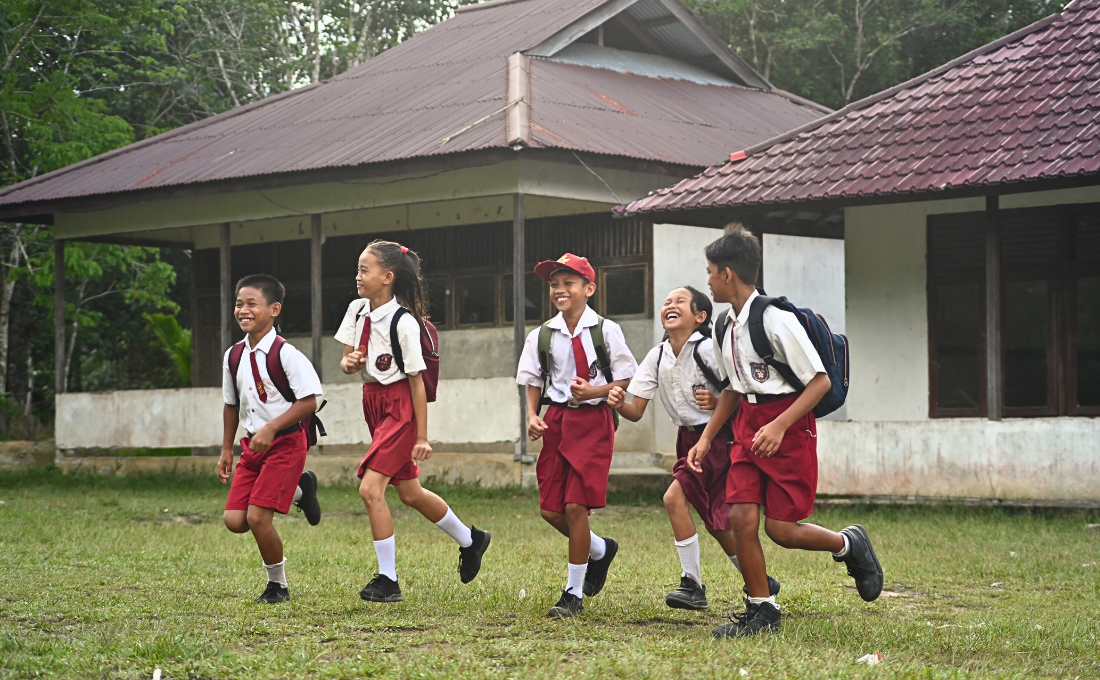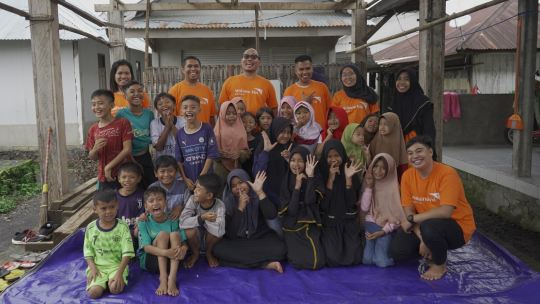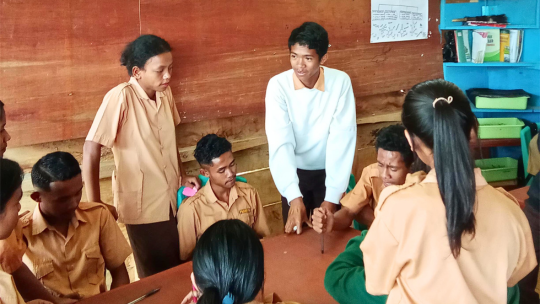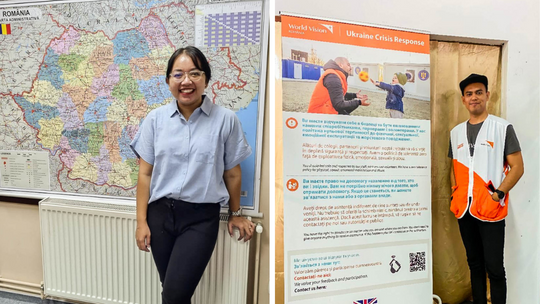Hand in Hand for Our Own Food Sovereignty

Indonesia has made significant strides in food accessibility and agricultural growth, yet it still faces a challenging nutrition paradox. A large number of children continue to experience stunting and wasting, indicative of ongoing undernutrition and poverty issues. Concurrently, the rising rates of obesity and diabetes highlight an increasing concern with overnutrition and poor dietary habits. This triple burden of malnutrition, encompassing undernutrition, micronutrient deficiencies, and overnutrition, underscores that the issue extends beyond merely providing food to ensure proper nourishment.
With the introduction of Indonesia's national school meal program, renewed attention is drawn to the country's persistent food and nutrition issues. This initiative aims to provide children with healthy meals while also supporting local farmers by increasing the demand for their produce. However, the execution of this program also highlights deeper, systemic problems that have long influenced Indonesia's food sector.
There is no simple or "one-size-fits-all" solution to resolve this challenge. Crafting effective policies requires moving beyond short-lived or charity-focused efforts. The Indonesian government must embrace a more comprehensive approach in crafting and executing food and nutrition policies, ensuring these strategies are evidence-driven, adapted to local realities, and committed to enduring sustainability. For example, a school meal initiative should not only aim to deliver calories but also promote the intake of varied, locally produced, and culturally suitable foods that reinforce local food networks.
The core of collaboration, which is the focus of this year's World Food Day, should not be interpreted merely as a plea for international investment. True partnership needs to be nurtured internally. Strengthening Indonesia's domestic economy is crucial, and this strength is predominantly rooted in local, indigenous, and remote communities. These communities are not just beneficiaries of development initiatives; they are the custodians of local biodiversity, traditional farming techniques, and cultural food knowledge that have been passed through generations. Overlooking this internal strength or undervaluing its potential could greatly jeopardize Indonesia's food sovereignty - our ability to decide what food we grow, produce, and consume.
When international trade or imported food systems overshadow local food preferences, we risk losing control over our food identity. Such dependency can weaken our resilience, especially during crises when global supply chains are disrupted. Therefore, working together for better food should be more than just a slogan. It must symbolize a true partnership that bridges the gap between policy and practice between government leadership and community innovation. Empowering local producers, blending traditional knowledge with modern agricultural techniques, and ensuring inclusive market access are vital steps toward sustainable food systems.
The recent school meal initiative presents an opportunity to realize this vision but only if it is executed with care, inclusivity, and sensitivity to local food ecosystems. The implementation so far still need more attention to these aspects. If community involvement, local sourcing, and food education are neglected, children will endure another vulnerability, moving away from well-being.
As we celebrate World Food Day, let this occasion remind us: the most meaningful form of collaboration is not with distant investors but with our own people. Strengthening solidarity among communities, farmers, and policymakers is the foundation of maintaining Indonesia's food sovereignty. By valuing local wisdom, promoting nutritional diversity, and fostering equitable partnerships, Indonesia can ensure that feeding its children today does not compromise its independence tomorrow.
Author: Rusmi Wiyati (Wahana Visi Indonesia Food Security Specialist)
Editor: Mariana Kurniawati (Communication Executive)



